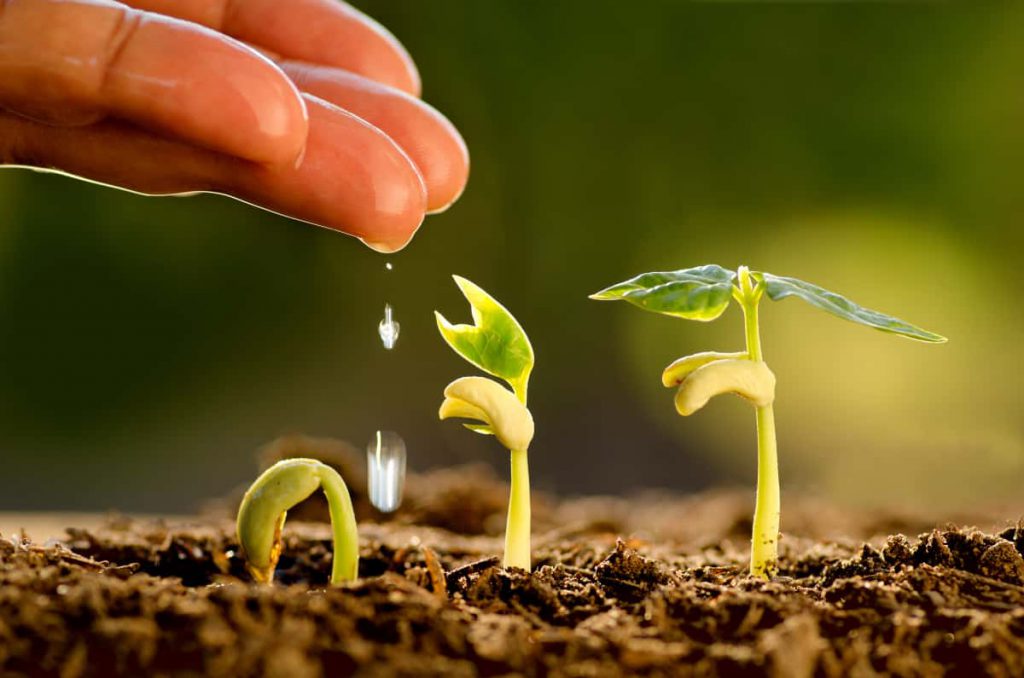
Commodity trading throughout history
Commodity trading can be a dizzying world from the outside. There are all sorts of assets to exchange, and innumerable different contracts, it can be quite confusing. However, all complicated institutions have to arise from somewhere. Everything complex begins with basic components and financial institutions are no exception. So how would commodity trading industries have arisen? Well, by exchanging commodities, of course! In fact, commodity trading is probably the origin of all the modern financial systems we have today. After all, what else would have been worth trading during early human history? Raw resources, and favours, were all people could trade. We have to start with the ancient world.
The ancient origins of commodity trading
Commodity trading has its origins in the ancient world at the dawn of agriculture (and therefore, civilisation). Of course, people would have most likely exchanges items before this. They could have exchanged food for favours, or one metal for another. However, the agricultural world made things different. Suddenly, people had an overabundance of food. They certainly couldn’t eat it all, so what could they do with it? As it turns out, the answer was trade. They traded them for other foods, services etc. People would gather in towns while people made the food for them in the countryside. Thanks to the development of transport and infrastructure, transferring these commodities became easier than ever. The town dwellers would then give what they could in exchange for food or services.
Another vital development that differentiates agricultural trading from what came before is writing. Before civilisations sprung up, there was no way to record transactions, people just traded. With the great rise in agricultural activity, comes more trading. Commodity trading specifically. As trading arose it necessitated a way to record all the transactions made. This is the context in which the first writing systems arose.
The importance of writing
As evidence, writing first arose in ancient Mesopotamia, where agriculture arose first as well. Agriculture first arose here around 10,000 BC, and the first markets around 4000 BC. Writing around 3200 BC. All of the very oldest writing we find is concerned exclusively with keeping track of livestock and grains. In fact, some of these writings included the dates that the transactions would take place. This could indicate that these were the very first futures contracts. As time went on, the use of writing became diversified. Only after this did people use it for writing about religion, poetry, etc.
Commodity trading in metals
Metals proved to be invaluable to commodity trading. Precious metals specifically were trade for their visual appeal and prestige, not any practical purposes. As time went on these metals became the standard through which people traded. People found them valuable, but people could use them for little else. States started standardising and minting these metals to turn them into coins. This is the origin of money. No longer did you need one particular item to trade with someone, a universal standard would do. Bartering was no longer the only game in town.
Spread of commodity trading
As transport became more refined, people could carry their goods for longer and longer distances. The areas where agriculture started, on river basins, found it quite easy to trade. This is because water routes are by very the easiest ways to transport items. Additionally, many other areas also began to establish towns, as agriculture arose in those areas. So, demand for items from far-flung fields began to rise and became more feasible as well. Over time, trade routes were established to let merchants easily make it from one area to another. This spread of trade also further encouraged agriculture, as these areas realised they could create these products themselves. Eventually, this would have opened up routes to Europe, where agriculture, trading and markets slowly arose.
We mention Europe because we want to trace the origins of the modern commodity trading systems. Through the many accidents of history, Europe became a trendsetter in modern commodity trading. This is why, in the next article, we will discuss how commodity trading developed into the systems we know today.
In summary
In this article we have covered the origins of commodity trading as it within the ancient world. Next time, we hope to inform you on how commodity trading developed into the complicated modern system, mainly through Europe.




